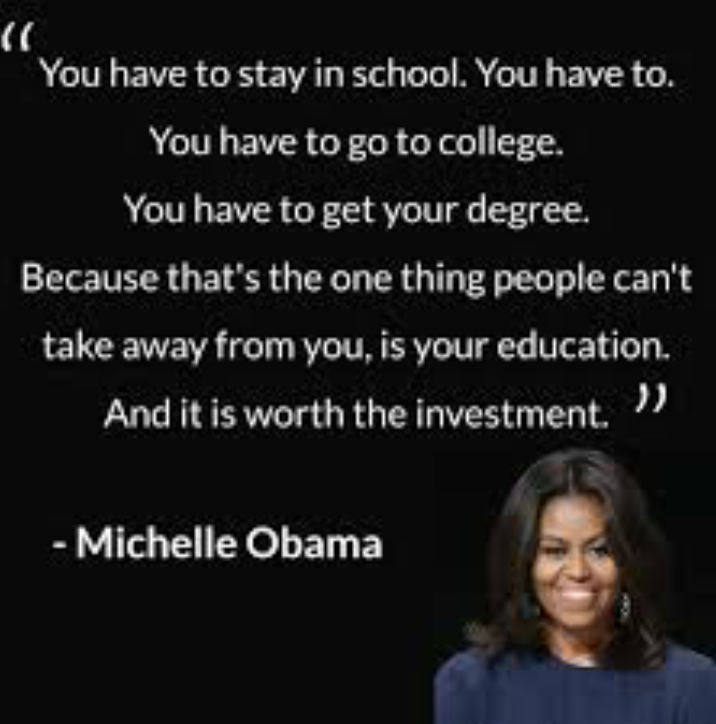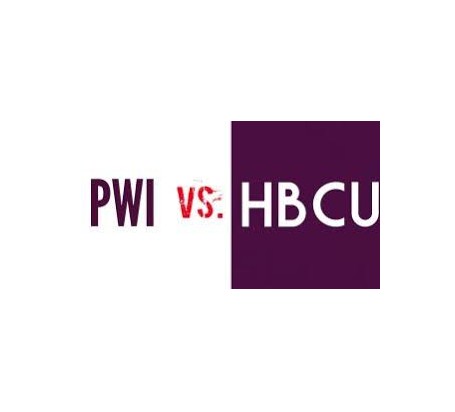The pursuit of higher education is a choice. In fact, it is actually a privilege. However, for one to enjoy the privilege requires a choice.
Community college vs. four-year university. Public institution vs. private. In-state v. out-of-state. And….drum rolls please, HBCU (historically black college/university) vs. PWI (predominantly white institution).
The latter choice is the subject of many-a-debate among college-educated black folks. Which is better – an HBCU or a PWI? Do HBCUs limit opportunities? Do PWIs whitewash black minds?
One thing is for sure. Regardless of where the degree came from, black college graduates still have a hard time finding gainful employment. According to the Economic Policy Institute, black workers with degrees are more likely to underemployed than their white counterparts.
Even with these disparities, the pursuit of knowledge should never be discouraged.

Growing up, a common piece of advice that has since been affirmed by the one and only Michelle Obama was to “get all of the education we could because that was one thing that the world could not take away from us.” Knowledge is mutually empowering and intimidating. In the 19th century anti-literacy laws were passed in pro-slavery states partly out of fear that literate slaves may forge the papers needed to escape to a free state. Later from around 1865 until the passage of the Civil Rights Act, Jim Crow laws included literacy tests as a way to disenfranchise freed blacks seeking the right to vote.
The answer for many free blacks desiring to attend college amidst segregation and oppression was HBCUs. After the Civil War, higher learning took place by any means necessary in basements, living rooms and old schoolhouses. The Morrill Act of 1890 established 18 land-grant HBCUs and other schools received ongoing support from benefactors such as the United Methodist Church.
Following the Civil Rights Act, the Higher Education Act of 1965 defined an HBCU as “any historically black college or university that was established prior to 1964, whose principal mission was, and is, the education of black Americans.”
HBCUs historically have been a safe haven for first-generation college students and a breeding place for most of the United State’s black professionals. As the world becomes more diverse and the barriers to PWI education eroded by brave sojourners of times past, modern students have clear choices when it comes to exercising their higher education privileges.
Many HBCU students and alumni were inspired by movies such as “School Daze,” “Drumline,” and “Stomp the Yard” and sitcoms such as “A Different World” and “The Quad.” At the same time, depictions of the challenges black students experience at PWIs in movies such as “Higher Learning” have not been enough to keep them away.
The power of the choice to pursue the privilege of higher education cannot be taken for granted. We need HBCUs. We need PWIs. (However, we’ll leave it to you as to which halftime show is the best.) Rather than making the HBCU vs. PWI debate personal and petty, let’s celebrate the fact that these opportunities exist for those who even dare think they have what it takes to earn a degree.
The United Negro College Fund said it best – “A mind is a terrible thing to waste.”
-Sojourner Anon
